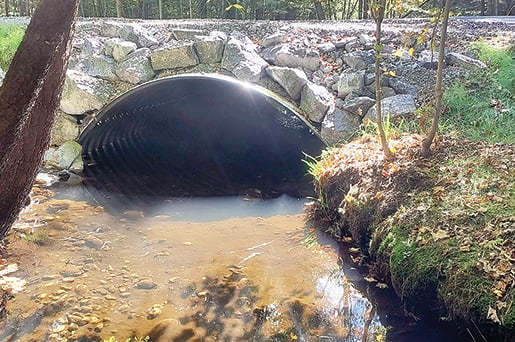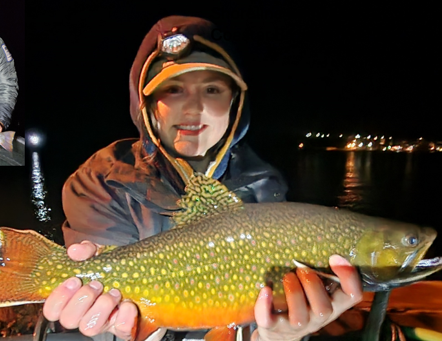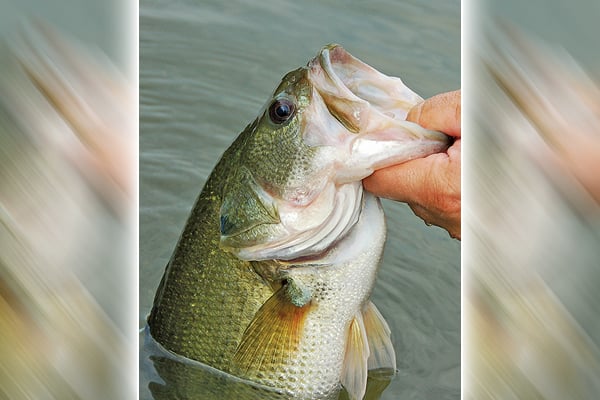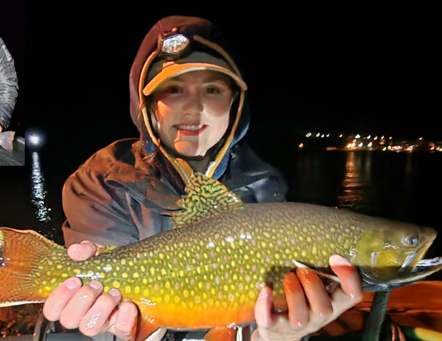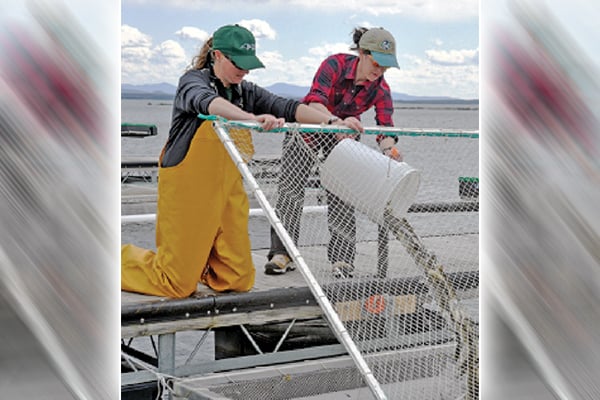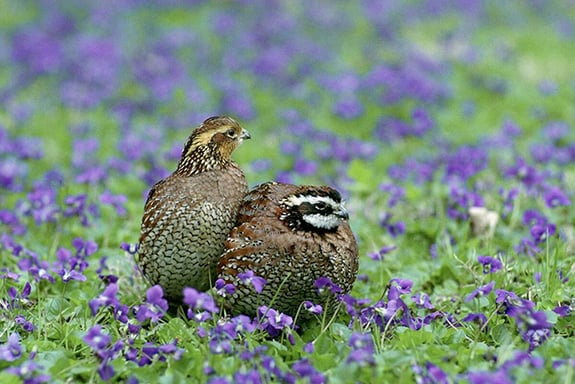Crawford County forester wins Pennsylvania’s Aldo Leopold award – Outdoor News
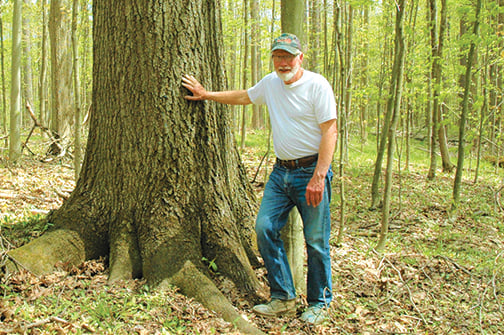
From Sand County Foundation
Harrisburg, Pa. — Troy Firth, of Spartansburg, has been selected as the 2024 Pennsylvania Leopold Conservation Award recipient.
The $10,000 award honors farmers and forestland owners who go above and beyond in their management of soil health, water quality, and wildlife habitat on working land.
Firth, who owns and operates Firth Maple Products, was revealed as the award recipient at the Pennsylvania Farm Show in Harrisburg on Jan. 6.
Sand County Foundation and national sponsor American Farmland Trust present Leopold Conservation Awards to private landowners in 28 states.
MORE COVERAGE FROM PENNSYLVANIA OUTDOOR NEWS:
First hunter-killed bear in Pennsylvania’s Lancaster County was taken illegally, PGC says
Commentary: Dismayed about the changing face of big-game hunting
Pennsylvania Fish & Boat Commission selling North East Marina in Lake Erie
In Pennsylvania, the award is presented with The Heinz Endowments, Horizon Farm Credit and Pennsylvania Farm Bureau.
Given in honor of renowned conservationist Aldo Leopold, the award recognizes landowners who inspire others to consider conservation opportunities on their land.
In his influential 1949 book, “A Sand County Almanac,” Leopold called for “a land ethic,” an ethical relationship between people and the land they own and manage.
Pennsylvania landowners were encouraged to apply, or be nominated, for the award.
Nominations were reviewed by an independent panel of agricultural and conservation leaders from Pennsylvania.
About Troy Firth
“A thing is right when it tends to preserve the integrity, stability, and beauty of the biotic community. It is wrong when it tends otherwise.”
Those words from Aldo Leopold ring true for Troy Firth as he walks through a forest.
Born into a family of loggers, early on Firth worked in sawmills and the woods. He grew dissatisfied seeing forests left degraded by severe harvests, and efforts to take only the best trees. The prevailing practices of the time were threatening the local ecosystem and compromising the long-term health of the local timber economy.
At that same time, Firth’s conservation ethic was being influenced by reading Aldo Leopold and Wendell Berry. He came to see that forestry done right is an observational science that attempts to mimic nature.
He acquired his first forest land in the 1970s, and has since purchased about 7,000 acres. Through decades of care and diligence, Firth’s forests thrived as he built a business that provides rural jobs and a unique model for the timber industry.
In addition to lumber, Firth Maple Products is Pennsylvania’s second-largest maple syrup producer. Its humble beginnings took shape when Firth began tapping maple trees while living on his family’s dairy farm.
The 160-acre farm’s rolling terrain proved better for growing trees than crops. Firth also found that logging and maple syrup pair well, both seasonally and for managing a workforce.
“A bad logger goes to the woods thinking of what he can take out,” Firth said. “A good logger goes to the woods thinking of what he can leave.”
In addition to his unconventional “worst first” approach to selecting timber for harvest, he removes trees by doing the least damage to others left standing. The same care is given to the forest floor to not disturb soil, vegetation, and wildlife habitat.
To foster tree species and age diversity, Firth uses an approach akin to the Femelschlag technique or gap silviculture. Small group selections, no larger than a few acres, are harvested to create canopy gaps where the forest understory stocked with native species allows for natural regeneration to occur.
This approach attracted the attention of conservation biologists and avian researchers who conduct a multi-year study of songbird diversity in forests Firth manages.
He subcontracts with four teams of Amish loggers who use horses instead of mechanical skidders. This minimizes damage to the forest floor, allowing the understory to recover quickly.
Firth was demonstrating horse logging at a field day about 25 years ago when he met one of his conservation idols, Wendell Berry.
“When Aldo Leopold was writing ‘The Land Ethic’ and worrying about “the apathy of private timber owners,” he was thinking of the need for foresters like Troy,” Berry wrote in his letter nominating Firth for the Leopold Conservation Award.
Firth and his late wife, Lynn, founded the Foundation for Sustainable Forests in 2004 to protect forested ecosystems and highlight sustainable forestry practices. He remains determined to see the organization serve as a regional model for other conservation-minded landowners.
To date, Firth has had a hand in the conservation of 2,250 acres of working forests, with more gains on the horizon, including the bequest of his own lands.

